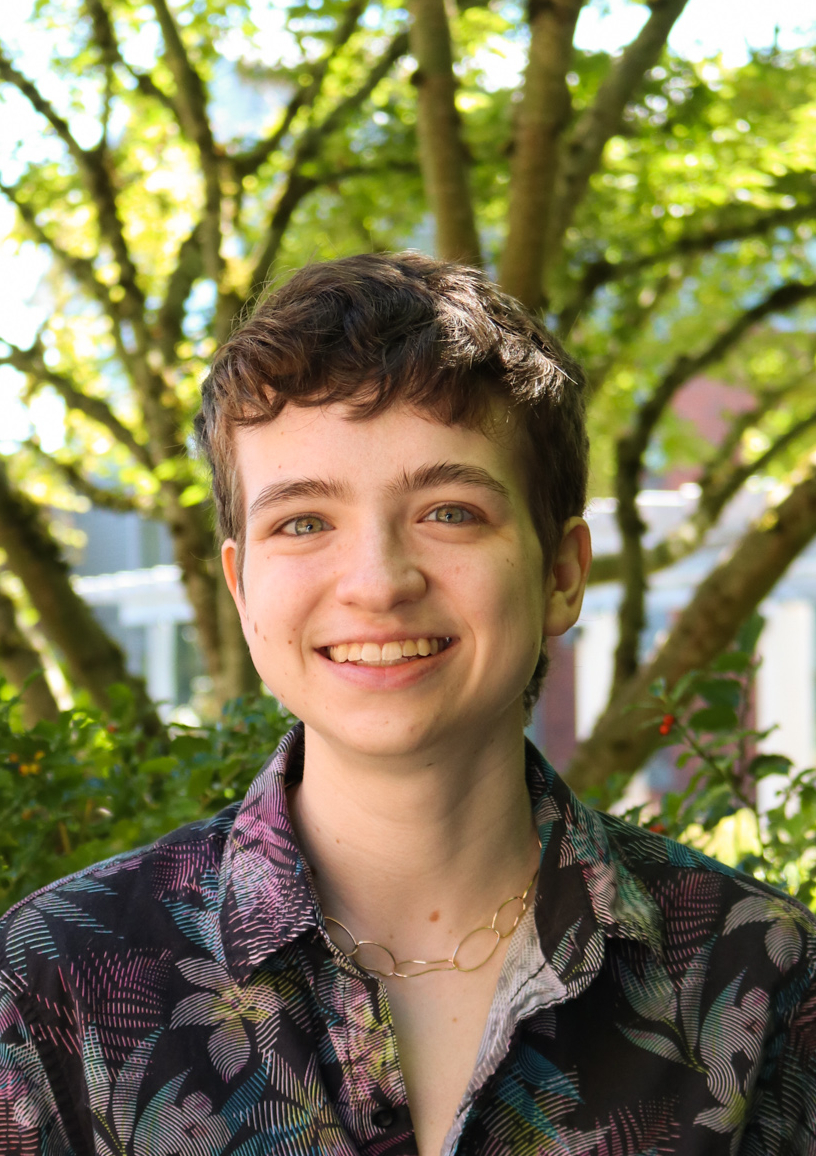WSU Vancouver’s health services program failed to re-establish a contract with their previous healthcare provider, Vancouver Clinic, leaving students without care options after closing on July 31. Students pay for this resource with their tuition, raising the question: when will these health services be re-established on campus?
“Now that we’re potentially going to have this different vendor, a new relationship, it’s going to take some time to figure out really what’s working and what’s not working and make some adjustments.” – Patience McGinnis
Health Services was formed to provide basic healthcare to students at little to no out-of-pocket cost. In 2017, the Student Wellness Center partnered with Vancouver Clinic to achieve this goal.
Patience McGinnis, a licensed psychologist and director of the Student Wellness Center, said that through this program, students were able to receive health care from a nurse practitioner on campus Mondays and Thursdays. Some of the services offered included wellness exams, immunizations, treatment for chronic and acute conditions, sexually transmitted infection testing, smoking cessation and nutritional counseling.
According to McGinnis, Health Services saw peak student usage during the 2019-2020 academic year, with 121 individuals utilizing the services provided. McGinnis said Health Services saw a drop in appointments due to COVID-19 — with 89 individuals seeking care during the 2021 to 2022 academic year. However, she also said these numbers were steadily increasing prior to their separation with Vancouver Clinic.
McGinnis said the most utilized resources included prescription services, immunizations and wellness exams. However, without a nurse practitioner on campus, these services remain inaccessible to students.
“We are in the process of re-establishing and hope and anticipate to resume in November. It will be likely with a different agency, but we would be able to provide all of the same services as before,” McGinnis said.
Despite offering the same services, McGinnis anticipates some turbulence as they become established with a new provider. She said that once Health Services is fully operational, students can provide feedback via focus groups, satisfaction surveys or one-on-one meetings.
“Now that we’re potentially going to have this different vendor, a new relationship, it’s going to take some time to figure out really what’s working and what’s not working and make some adjustments,” McGinnis said.
According to McGinnis, Health Services is funded through the Services and Activities Fees portion of student tuition. Undergraduate and graduate students taking over 10 credits paid $279.50 each this semester for Services and Activities Fee.
Sara Rauch, director of business services at WSU Vancouver, said that groups on campus similar to Health Services are allocated funds from this fee every year. According to Rauch, Health Services was allocated $148,482 for this fiscal year. According to the Service and Activities Fees website, this is an increase from last year’s allocation of $140,037, which made up 6.4% of the Services and Activities Fee fund.
“If there are unspent funds at the end of the fiscal year, those are collected back and returned to the central account; there, we hold those funds to be redeployed in the next year,” Rauch said.
McGinnis said that about 80% of the funds that Health Services receives goes to the partnership with a healthcare provider. Additionally, in email correspondence with The VanCougar, Kelly Love, media representative for Vancouver Clinic, said the primary reason behind the termination of the contract relates to WSU Vancouver utilizing a FERPA-based system while Vancouver Clinic uses a HIPAA system.
“Both WSU Vancouver and Vancouver Clinic have been trying to navigate through a compliance issue. Conversations have been ongoing,” Love said.
While in between providers, Health Services has put on a few health service events this semester, including STI testing, COVID-19 vaccination clinics and healthcare education events. Upcoming services include a COVID-19 vaccine clinic on Oct. 6 and STI testing with the Cascades AIDS project on Oct. 12.
“We’re trying to do as much as we can in the meantime, until we can get that health care re-established,” McGinnis said.

Sawyer is a senior studying anthropology at WSU Vancouver.
